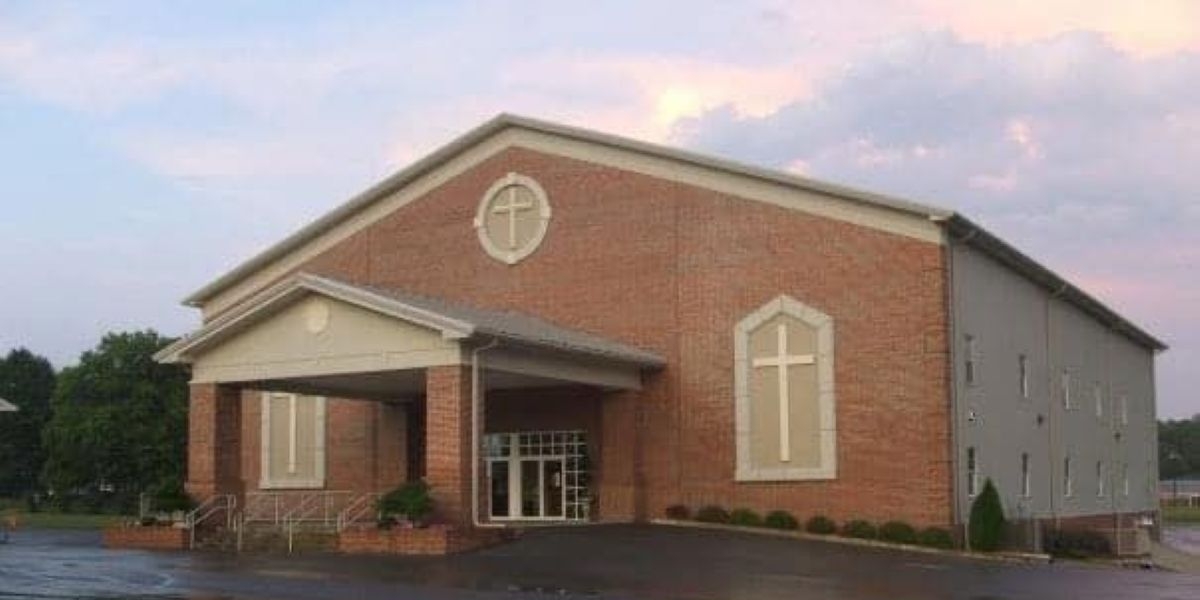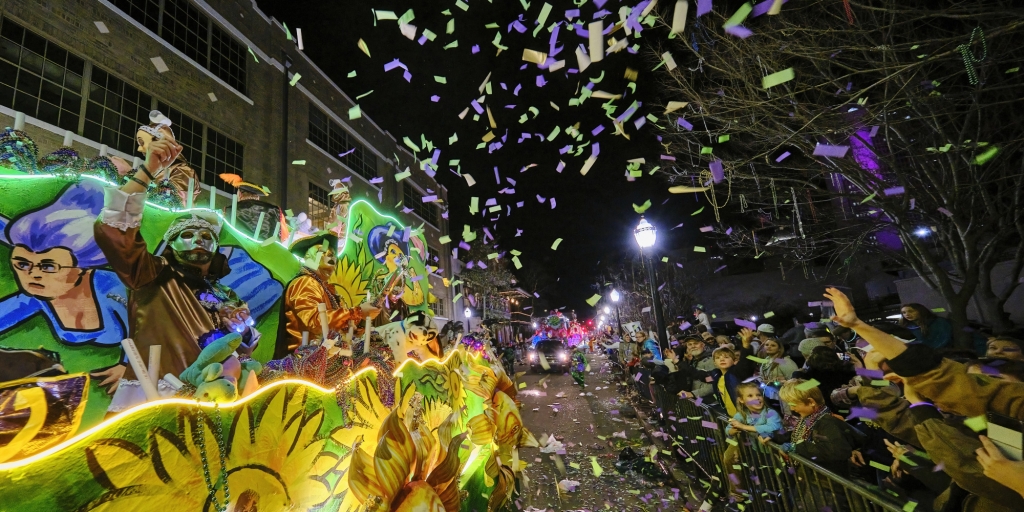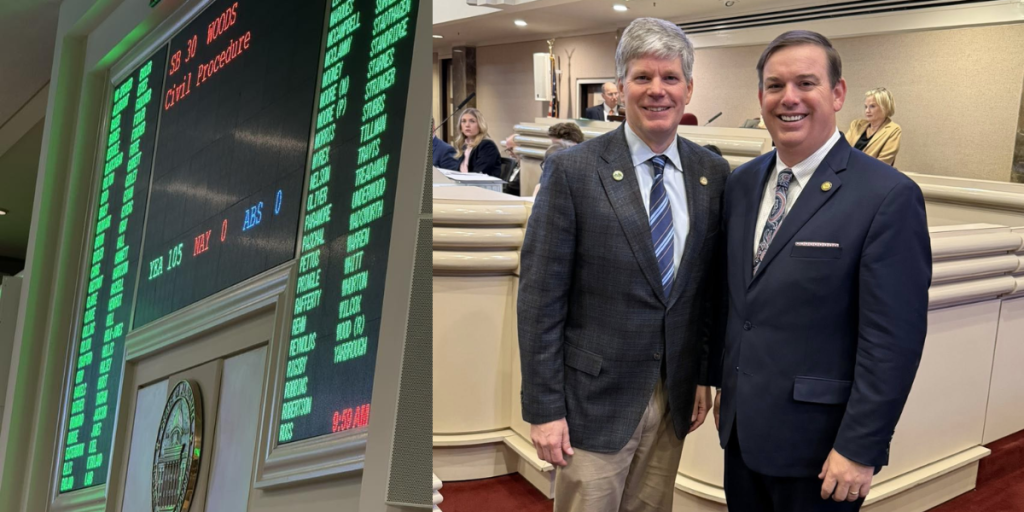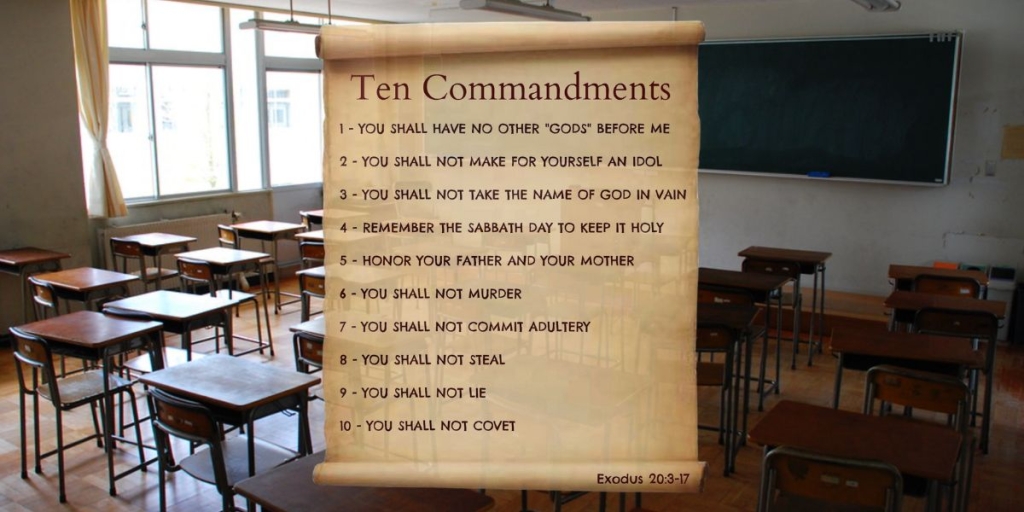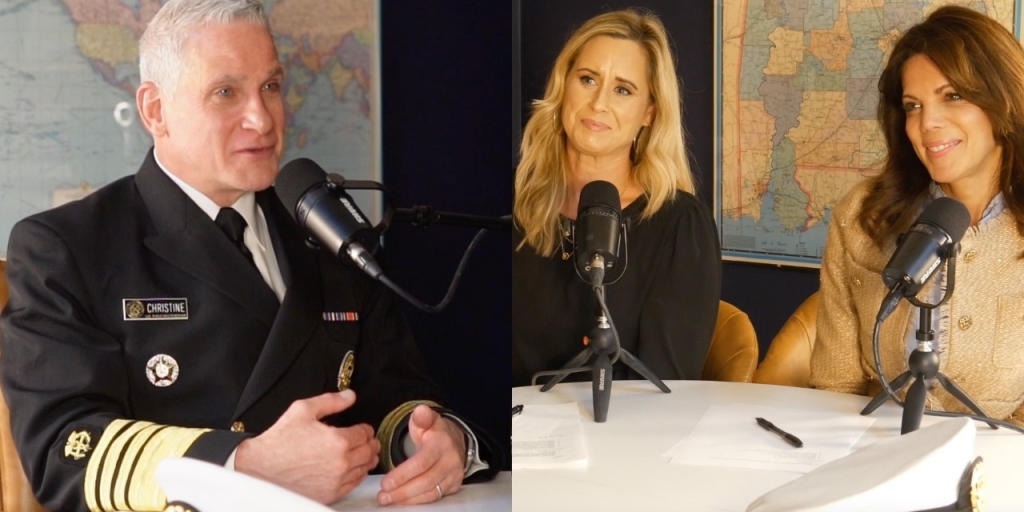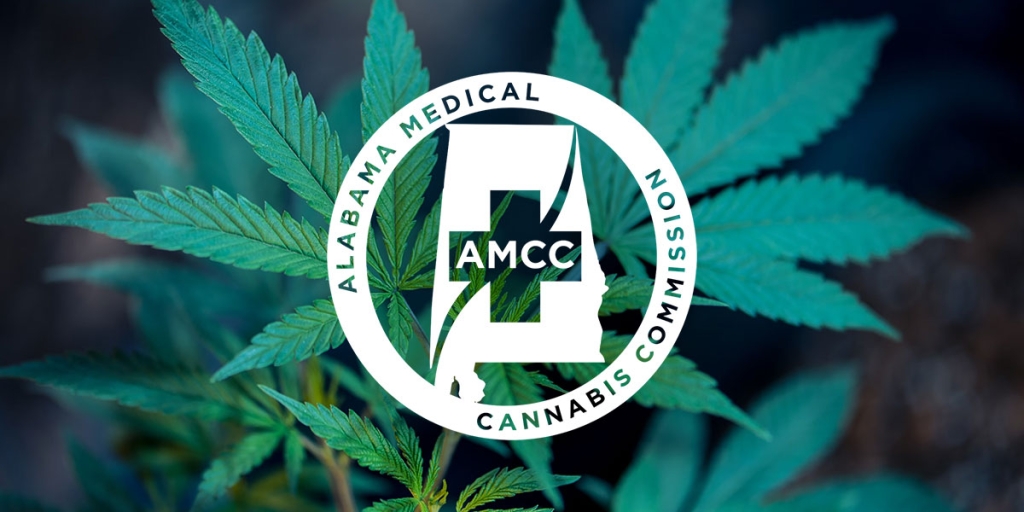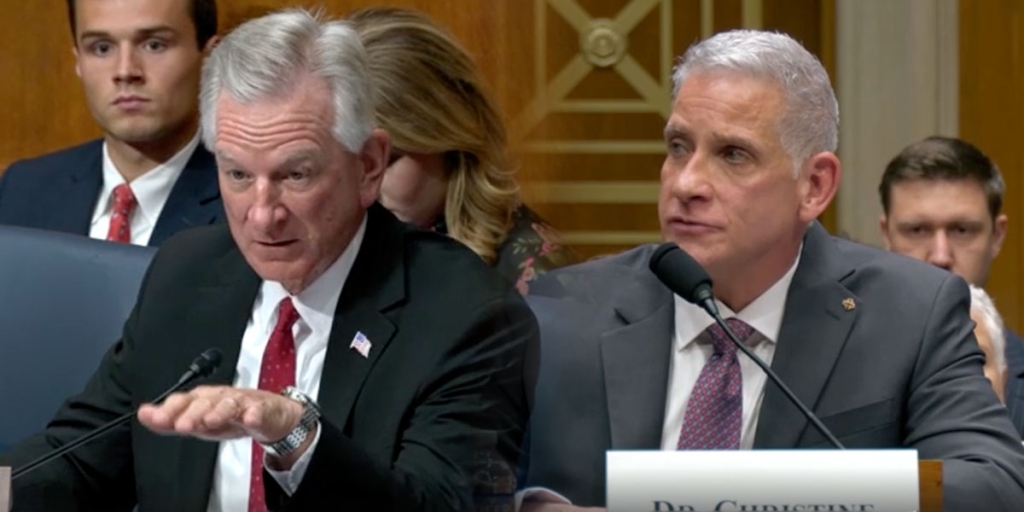A recent court filing by the Internal Revenue Service could have sweeping implications for churches across Alabama, potentially allowing them to openly endorse political candidates without jeopardizing their tax-exempt status.
The filing, first reported by ABC News, formalizes the agency’s long-standing practice of not enforcing the 1954 Johnson Amendment against churches. That amendment prohibited all 501(c)(3) nonprofits, including churches, from endorsing or opposing candidates for public office if they wished to maintain tax-exempt status.
In the filing, the IRS said it would not revoke the tax-exempt status of two Texas churches — Sand Springs Church and First Baptist Church Waskom — after they endorsed political candidates. At a White House Faith Office summit this week, former President Donald Trump praised the filing as a victory for religious freedom and free speech.
RELATED: Keep churches tax-exempt status protected, you won’t like what happens if you don’t
“God is once again welcomed back into our public square,” Trump said, according to ABC News.
The president has long opposed the Johnson Amendment, claiming during his first campaign that it unfairly silenced pastors and religious leaders on political matters.
Religious leaders and legal experts have expressed mixed reactions to the decision.
Supporters argue it restores free speech to religious leaders and allows them to address moral and political issues from the pulpit without fear of government retribution. Rev. Robert Jeffress of Dallas called it a win for free speech, while Iowa pastor Cary Gordon said it would allow churches to speak more directly about political and moral issues that concern their congregations.
Pastor Jamal Bryant of Georgia told ABC News he would “absolutely” consider endorsing political candidates from the pulpit during future elections.
Critics, however, warn that the change could open churches to misuse and undermine their role as moral and spiritual leaders.
RELATED: Mass exodus: United Methodist churches disaffiliating
Ellen Aprill, a tax law expert at Loyola Marymount University, warned that the lack of enforcement could lead to campaign money being funneled through churches to avoid taxes and disclosure requirements. Unlike other nonprofits, churches already enjoy fewer reporting obligations and qualify automatically for tax-exempt status.
Rev. Thomas Bowen, a former White House faith liaison, expressed concern that churches could become “campaign surrogates,” saying moral authority “must never be sold for access.”
The IRS filing does not force churches to endorse candidates, nor does it change Alabama state law — but it does clear a significant legal barrier at the federal level.
In Alabama, where churches have long played an influential role in community and civic life, the decision could encourage some pastors to speak more openly about specific candidates in upcoming elections, including the 2026 midterms.
RELATED: Alabama Supreme Court to review Dothan’s Harvest Church lawsuit as UMC disaffiliation continues
Even among Alabama church leaders, opinions about the change are divided.
“I don’t think that churches should endorse political candidates as a matter of principle,” said Justin Spurgin, a minister from Rainsville. “The church’s mission is to glorify God and preach the gospel, and not telling our church members how they should be voting.”
But Reverend Gary Don Kirk, also of Rainsville, disagreed.
“Why not allow churches to endorse political candidates?” he said. “We are the government and have as much right as anyone. I do believe churches should be allowed to endorse candidates.”
Sherri Blevins is a staff writer for Yellowhammer News. You may contact her at [email protected].




